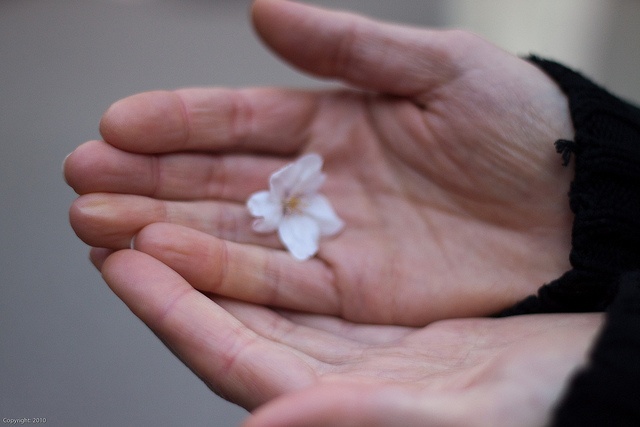With over 50 years of mental health recovery, I was flourishing. In my mid-fifties, I had my first full time job in years. I was working using knowledge and experiences from academic training and my personal recovery. I felt secure in my ability to overcome life challenges. I was proud of the effort I invested in my recovery and my work with a group of knowledgeable and passionate folks helping others overcome the challenges of homelessness, mental illness, trauma, and substance abuse.
Gloria Dickerson

Recent Posts

Too often, trauma research focuses solely on impact on patients in health services—especially people who experience mental illness, trauma, substance use disorders, and homelessness. We need to expand the research questions to include the following: How does trauma impact physicians and what are the implications for their relationships with patients?
05/13/16 08:56 AM | Gloria Dickerson | Health Care, Trauma
Read More
We know that healthcare disparities exist! Statistics can tell us where disparities are occurring, which providers have the worst outcomes, and what medical decisions are contributing to the problem.
Resolving healthcare disparities is hampered when we refuse to ask hard questions about conscious and unconscious bias among service providers and staff. For example, research on obesity has documented that physician attitudes greatly impact service use, quality, and outcomes. Studies on the impact of physician attitudes demonstrate that examining bias is critical for understanding how patients use services and how well they do.
05/3/16 11:04 AM | Gloria Dickerson | Health Care, Race
Read More
Empathy is a critical communication skill for all people and is especially important for health care providers. Some individuals lack the capacity to understand how their actions make others feel. Adults with cognitive difficulties, histories of repeated trauma, and even so-called “normal” people can have difficulty connecting and understanding other people’s experiences. These people lack empathy.
04/13/16 09:55 AM | Gloria Dickerson | Health Care, Trauma
Read More






